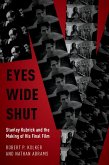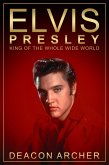Beginning with opera's Italian roots in the 16th century, it traces how this unique combination of musical composition, theatrical performance, and visual spectacle has shaped cultural identities and public discourse worldwide. The text presents a compelling argument that opera's lasting appeal stems from its ability to convey universal human experiences through heightened emotional expression, supported by extensive research in audience psychology and cultural studies.
Through three comprehensive sections, the book examines technical elements like vocal techniques and orchestration, explores opera's cultural significance from European courts to contemporary Asian interpretations, and addresses modern challenges in production and technological integration. This structure allows readers to understand both the historical context and current innovations shaping the art form.
Drawing from diverse sources including historical documents, performer interviews, and acoustic studies, the book provides valuable insights for both professionals and enthusiasts. It uniquely bridges the gap between academic analysis and practical application, offering guidance for opera companies while maintaining scholarly depth. The interdisciplinary approach, incorporating perspectives from musicology, psychology, and cultural anthropology, creates a rich understanding of opera's role in shaping artistic expression and cultural development across the globe.
Dieser Download kann aus rechtlichen Gründen nur mit Rechnungsadresse in A, B, BG, CY, CZ, D, DK, EW, E, FIN, F, GR, H, IRL, I, LT, L, LR, M, NL, PL, P, R, S, SLO, SK ausgeliefert werden.









